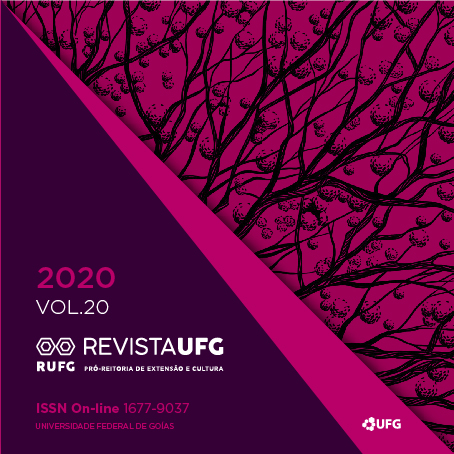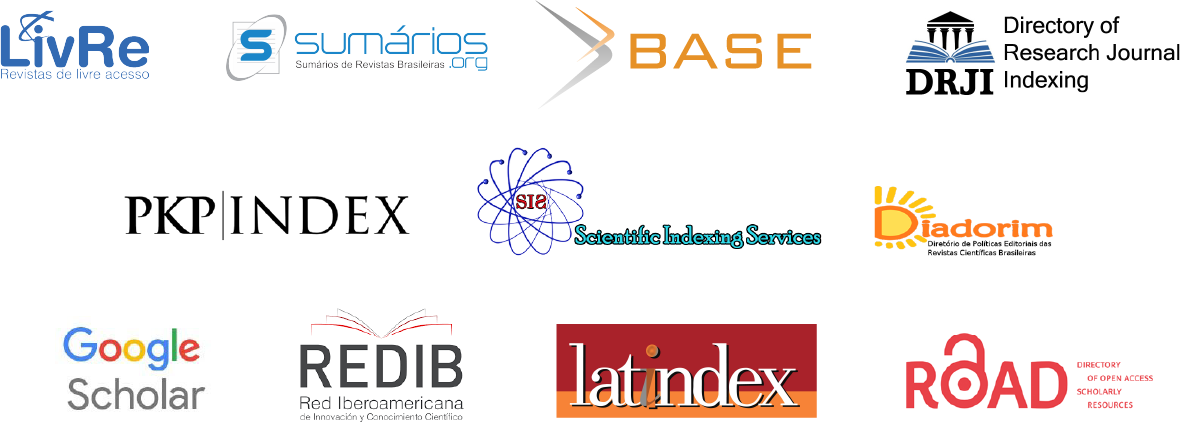For a new concept and paradigm of onlife digital education
DOI:
https://doi.org/10.5216/revufg.v20.63438Abstract
The evolution of digital technologies and communication networks led to the emergence of a reticular society marked by the connectivity between different entities, which has caused changes in the economy and in the labor market, driving the birth of new paradigms, models, educational communication processes and new teaching and learning scenarios. But no one, not even teachers who already adopted online environments in their practices, imagined that such a rapid and emergency change would be necessary, al-most mandatory, due to the expansion of the coronavirus which caused the physical distance and made impossible the physical pre-sence of teachers and students in the geographic space of educatio-nal institutions and forced teachers and forced teachers to transpo-se methodologies and practices, adopted in physical classroom, to online, resulting in remote teaching, distance learning practices, dis-tinct from the consolidated practices in this field and supported by research in the area. Therefore, considering this context, the main goal of this theoretical paper is to contribute to the delimitation of fundamental concepts in the field of Education mediated by digital, such as Remote Education, Distance Education or eLearning, among others which are often used in an undifferentiated manner without conceptual rigor, and present the proposition of a new concept and paradigm that we called OnLife Digital Education.
Downloads
Downloads
Published
How to Cite
Issue
Section
License
Revista UFG uses the Creative Commons CC-BY (4.0) - Attribution 4.0 International license for open access journals (Open Archives Initiative - OAI) as a basis for transferring rights.
Authors who publish in this journal agree to the following terms:
1) Authors may distribute, remix, adapt and build upon their work, even for commercial purposes, as long as they give UFG proper credit for the original creation. Authors may copy and redistribute the material in any medium or format.
2) Authors are allowed and encouraged to publish and distribute their work online (e.g., in institutional repositories or on their personal page) at any point before or during the editorial process, provided that reference is made to the place of publication origin, that is, the electronic address/reference of Revista UFG.
3) The authors of works published in Revista UFG are expressly responsible for their content.
4) All works submitted to Revista UFG that have images, photographs, figures in their body must be accompanied by a term of assignment of copyright of the author, of the participating member of the image and, in the case of children, of the relatives of the exposed children , with their data and signature.
Access the IMAGE USE AUTHORIZATION TERM document here.










